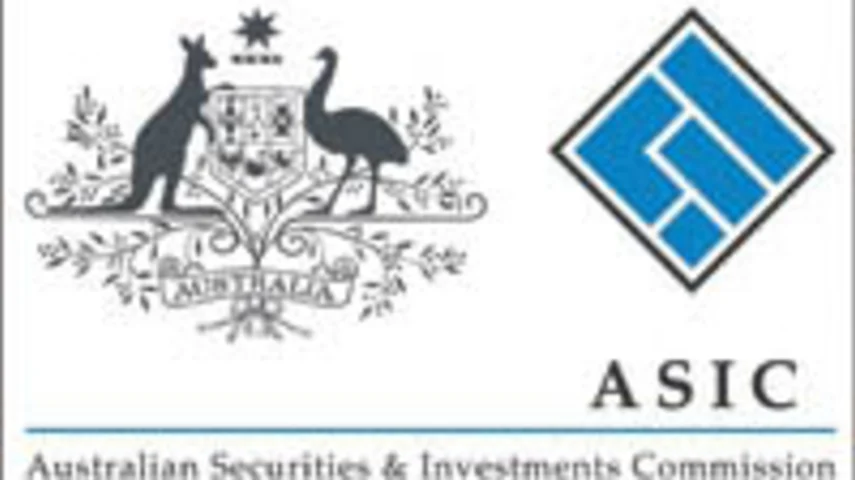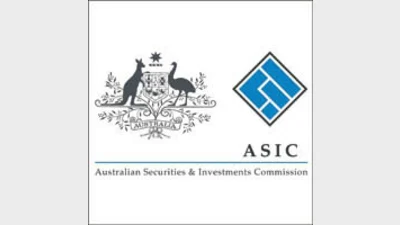Insider trading and ETFs problematic for ASIC



While eight advisers were banned last financial year, insider trading continues to be a key focus of the Australian Securities and Investments Commission (ASIC) market supervision, according to a new report released by the regulator.
The new report also revealed that exchange-traded funds (ETFs) had become an issue, particularly around pricing.
It said that of the 52 market matters referred to its deterrence section, 17 had related to insider trading.
ASIC said that it had observed an increase in referrals relating to the potential misuse of confidential information by persons employed by companies providing advice on mergers and acquisitions and other significant corporate transactions.
The regulator said that in addition to its focus on insider trading and market manipulation, it had been increasingly active in identifying problematic algorithms and working with market participants to ensure retail client orders for ETFs were appropriately priced.
“We identified a number of instances where index ETF orders were placed well away from the value implied by the underlying index,” it said. “This resulted in the number of pre-emptive actions increasing from 14 in the previous reporting period to 22 in the current reporting period.”
The ASIC data revealed that in the past financial year it had banned eight advisers from providing financial services for periods ranging from three to seven years, while it had obtained six insider trading verdicts and judgments.
Recommended for you
Insignia Financial has reported net inflows of $448 million into its asset management division in the latest quarter, as well as popularity from advisers for its MLC managed accounts.
Two Australian active fund managers have been singled out by Morningstar for their ability to achieve consistent performance and share price growth in the past 12 months.
Pinnacle Investment Management has expanded its private market coverage, forging a strategic partnership with a private markets manager via a 13 per cent stake acquisition.
Active fund managers without a strong distribution platform will be “left behind”, believes Magellan, as it pivots its business away from being a traditional asset manager.











